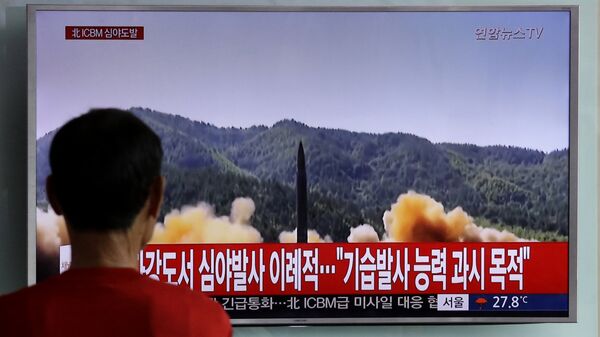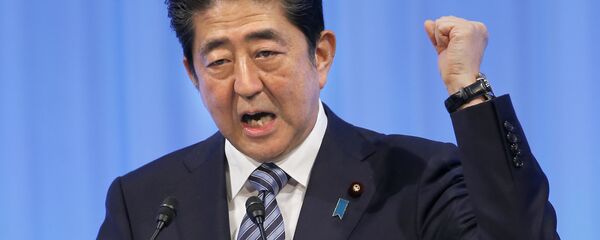The decision means that the Maritime Self-Defense Forces' (SDF) Aegis-equipped destroyers will not remain on alert around-the-clock in the Sea of Japan, but the vessels will stand ready to intercept North Korean missiles within a 24-hour notice, the media said.
READ MORE: Japan Mulls Global Fund to Pay for North Korea Nuclear Disarmament – Reports
The Japanese authorities will, nevertheless, keep the order issued to the Self-Defense Forces in 2016 to shoot down any missile heading toward the country's territory in force, according to the sources.
The situation on the Korean Peninsula has significantly improved within the last several months, with North Korean leader Kim Jong Un having held two rounds of talks with South Korean President Moon Jae-in and a top-level summit with US President Donald Trump in Singapore.



